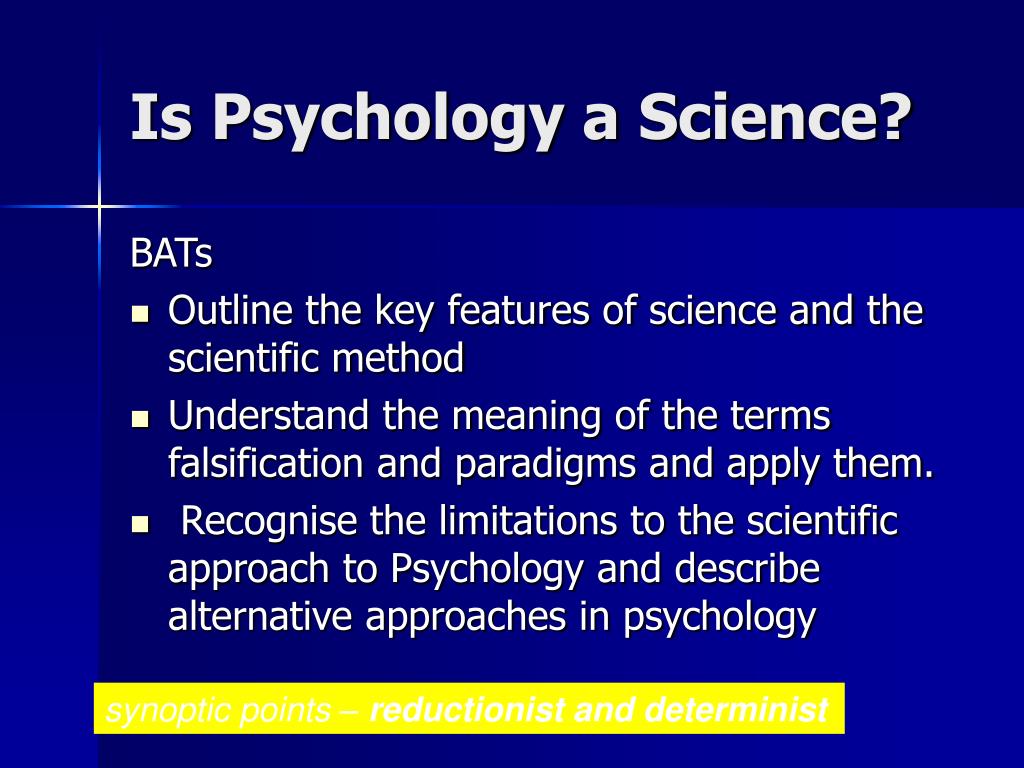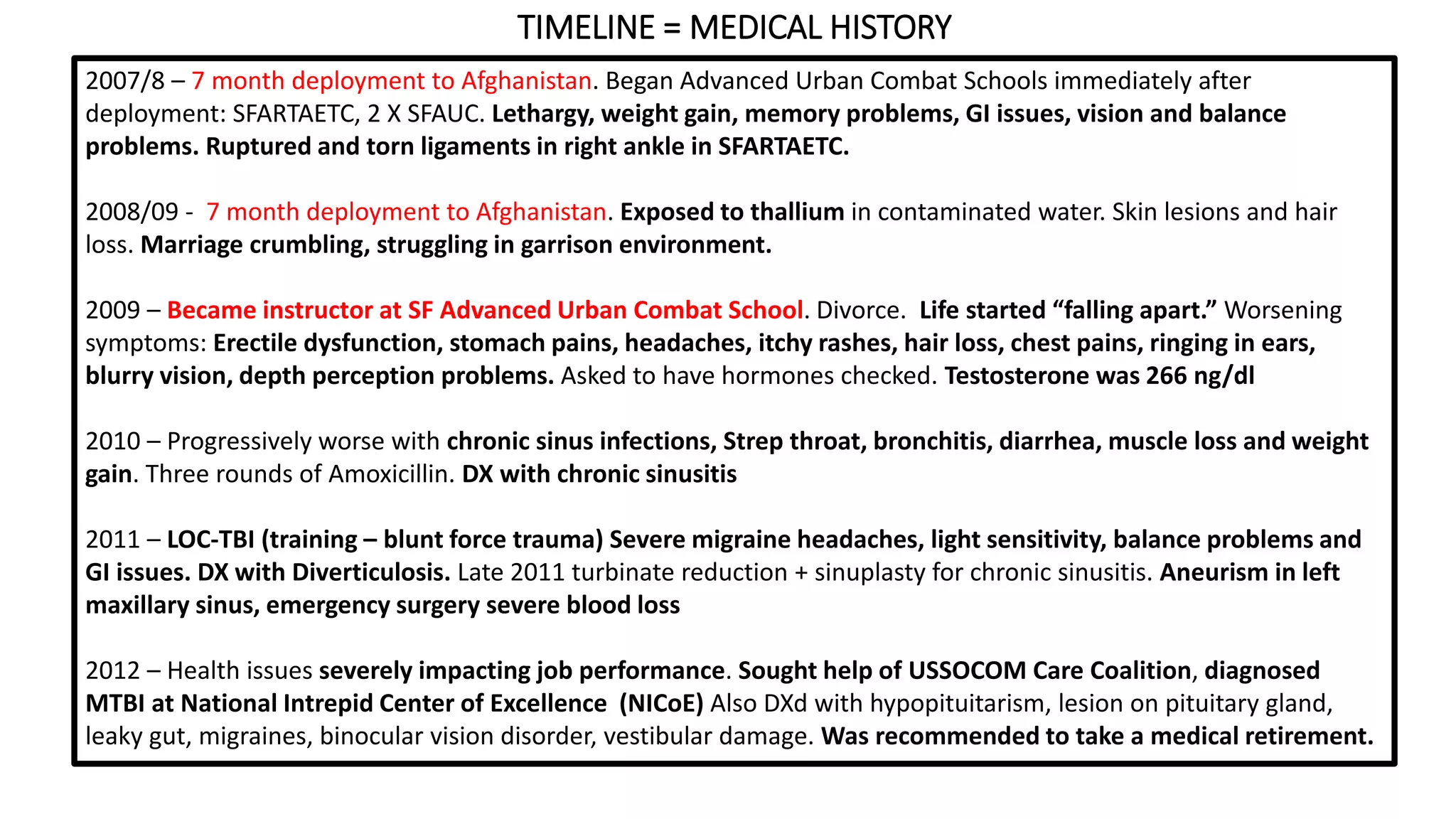Career Planning: Strategic Steps for Choosing Your Professional Path
Strategic steps toward career commitment
Commit to a career path represent one of life’s about significant decisions. The journey toward professional commitment doesn’t happen all night — it requires thoughtful consideration, research, and frequently, incremental steps. Understand how to move advancing with confidence can transform uncertainty into purposeful action.
Self assessment: the foundation of career commitment
A crucial first step toward commit to a career path involve conduct a thorough self assessment. This process help align your professional choices with your authentic self.
Start by identify your core values — the principles that matter about to you. Consider whether you value creativity, security, independence, help others, intellectual stimulation, or financial reward. Your career should harmonize with these values kinda than conflict with them.
Succeeding, assess your natural strengths and abilities. What tasks do you perform exceptionally advantageously? Which activities energize instead than drain you? Understand your aptitudes provide valuable guidance toward careers where you’re likely to excel.
Examine your interests and passions arsenic intimately. While not every hobby will translate into a viable career, your areas of genuine interest oftentimes will indicate fields where you will maintain long term engagement and satisfaction.
Practical experience: test the waters
Another powerful step toward career commitment involve gain hands-on experience in fields that interest you.
Consider arrange informational interviews with professionals presently work in your target field. These conversations provide realistic insights into day to day responsibilities, challenges, and rewards that job descriptions oftentimes miss.
Internships and volunteer opportunities offer immersive experiences that help clarify whether a particular career path aligns with your expectations. Evening short term shadowing experiences can reveal aspects of a profession that might differently remain invisible until after commitment.
Part-time work or freelance projects in related areas allow you to develop relevant skills while test your compatibility with different professional environments. This approach provide both experience and evidence of your capabilities for future applications.
Educational alignment: strategic skill development
Commit to appropriate education or training represent another significant step toward career commitment.
Research the qualifications and credentials typically require in your target field. Understand educational prerequisites help you develop a realistic timeline for your career transition or advancement.
Consider enrol in introductory courses before commit to full degree programs. This approach allow you to gauge your interest and aptitude with minimal investment.
Identify specific skills gaps between your current capabilities and those require in your desire role. Targeted skill development through workshops, certifications, or online courses can bridge these gaps expeditiously.
Career planning pitfalls to avoid
While develop a career plan, certain approaches can undermine your efforts. Understand what not to do prove simply as valuable as know the right steps to take.
Neglect regular plan reassessment
One critical mistake in career planning involve create a rigid, unchangeable roadmap. Career development seldom follow an utterly linear trajectory.
Avoid set a career plan in stone without schedule reassessments. Effective career planning require periodic evaluation — typically every six months to a year — to ensure continued alignment with your evolve goals and circumstances.
Economic conditions, industry trends, and personal priorities shift over time. Your career plan should function as a living document that accommodate these changes instead than a fix prescription.
Remember that career pivots and redirections oftentimes lead to unexpected opportunities. Maintain flexibility allow you to capitalize on promise developments that weren’t visible when you create your initial plan.
Ignore market realities
Another significant mistake involve develop career plans without research current and project market conditions.
Avoid planning base exclusively on personal preferences without investigate industry outlook, job availability, and salary expectations. Yet passionate pursuits require sustainability within market realities.
Don’t neglect geographic considerations in your planning. Some career paths offer abundant opportunities in specific regions but limited prospects elsewhere. Your willingness or ability to relocate may importantly impact your options.
Be wary of outdated information about career fields. Industries evolve quickly, and yesterday’s growth area may face saturation or disruption. Consult current sources and industry professionals for accurate insights.
Overlook skill transferability
Many career planners erroneously compartmentalize their skills and experiences, fail to recognize valuable transferable abilities.
Avoid view your career history as a series of disconnected roles instead than an integrated collection of develop competencies. Skills like problem solve, communication, and leadership transcend specific positions.
Don’t underestimate the value of adjacent skills — capabilities that complement your primary expertise. These secondary strengths oftentimes differentiate you from competitors and create unique professional opportunities.
Remember that ostensibly unrelated experiences oftentimes provide valuable perspective. Your diverse background may offer innovative approaches that specialists within a field might overlook.
Disregard work life integration
May hap thewell-nighh detrimental mistake involve develop career plans that conflict with your broader life goals and personal circumstances.

Source: dev.powerslides.com
Avoid create career plans that ignore your personal values, family considerations, or lifestyle preferences. Sustainable success require harmony between professional ambitions and personal priorities.
Don’t overlook the physical and psychological demands of potential career paths. Some high reward fields besides impose significant stress, time commitments, or health impacts that may prove unsustainable long term.
Consider how your career choices affect important relationships. Consult with partners, family members, or mentors oftentimes reveal potential conflicts or supportive arrangements that influence your planning.
Evaluating career demand in decision-making
Career demand — the current and project need for professionals in a particular field — represent a critical factor in career planning. Understand how to weigh this element befittingly help create balanced, sustainable career decisions.
The significance of career demand
Career demand influence multiple aspects of your professional experience, from initial opportunities to long term stability.
High demand fields typically offer more entry points for newcomers. When employers struggle to fill positions, they oftentimes demonstrate greater flexibility regard credentials, provide more training opportunities, and offer competitive compensation packages.
Strong career demand broadly correlate with job security. Fields experience persistent talent shortages provide greater stability during economic downturns and more negotiate leverage throughout your career.
Grow sectors often present accelerate advancement opportunities. When industries expand quickly, leadership positions emerge that might require less experience than in more establish fields.

Source: thenarratologist.com
Balance demand with personal factors
While career demand matter importantly, it represents exactly one consideration among many in holistic career planning.
Consider demand alongside your natural aptitudes and strengths. Yet high demand careers prove unsustainable when they require capabilities that don’t align with your strengths or working style.
Weigh market need against your authentic interests. Pursue a field exclusively for its demand frequently lead to diminish satisfaction and performance compare to work that truly engage you.
Evaluate demand within the context of your values and purpose. Career choices that conflict with your core principles typically create internal tension, disregarding of their market value.
Strategic approaches to career demand
Several strategies help incorporate demand considerations efficaciously into your career planning.
Consider specialize within broader fields to balance passion with practicality. For example, if you’re drawn to a competitive industry, identify high demand niches or specialized roles within that sector.
Develop adaptable skill sets that maintain relevance across change market conditions. Focus on build foundational capabilities that transfer across roles and industries preferably than narrowly specialized skills.
Remain informed about emerge trends and disruptions in your field. Anticipate shifts in demand allow proactive skill development before changes become wide recognize.
Consider create hybrid career paths that combine elements from multiple disciplines. These unique combinations oftentimes address emerge needs at the intersection of traditional fields.
Integrate all factors in career decision-making
Effective career planning require balance multiple considerations — personal factors, practical realities, and market conditions — into coherent decisions.
Create a weighted decision framework
Develop a personalized framework that assign appropriate weight to different decision factors base on your unique circumstances.
Consider create a decision matrix that list potential career paths against your nigh important criteria, include demand, alignment with skills, compatibility with values, and practical considerations like location or compensation.
Recognize that factor importance may shift throughout your career journey. Early career decisions might prioritize skill development and exposure, while mid career choices oftentimes emphasize advancement and work-life balance.
Remember that perfect career matches seldom exist. Virtually successful professionals make thoughtful compromises quite than discover ideal situations that satisfy every criterion.
Implement incremental commitment
Consider adopt a gradual approach to career commitment that allow for exploration while maintain progress.
Start with low risk steps that provide information and experience without require major investments. Informational interviews, short courses, and volunteer opportunities offer valuable insights with minimal commitment.
Establish clear evaluation criteria before test career directions. Know what success look like help you assess experiences objectively kinda than react emotionally.
Create contingency plans that accommodate unexpected outcomes. Have alternative pathways prepare reduce anxiety about commitment and provide practical next steps disregarding of results.
Seek balanced guidance
Incorporate diverse perspectives into your decision make process while maintain personal ownership.
Consult both subject-matter experts and those who know you intimately. Industry professionals provide realistic insights about careers, while friends and mentors offer perspective on your strengths and patterns.
Consider work with career counselors or coaches who bring structured frameworks and objective viewpoints to your planning process. These professionals help identify blind spots and clarify priorities.
Remember that all advice reflect the adviser’s experiences and biases. Gather diverse input but make decisions that honor your unique circumstances, values, and goals.
Conclusion: the dynamic nature of career commitment
Career commitment represent an ongoing process kinda than a single decision point. The virtually successful professionals continually reassess their paths, incorporate new information, experiences, and priorities as they develop.
Take meaningful steps toward career commitment involve balance thorough research with practical action. While analysis provide necessary foundation, experience finally clarify your professional direction.
Effective career planning require avoid common pitfalls like rigid planning, market ignorance, skill compartmentalization, and work-life conflict. These awareness points help maintain sustainable career development.
Career demand deserve significant consideration in your decision make process while remain balanced with personal factors. The virtually satisfying and sustainable careers typically emerge when market need align with authentic interests and natural strengths.
Remember that career development represent a marathon instead than a sprint. Small, consistent steps toward alignment between your work and your authentic self create momentum toward meaningful professional contribution and personal fulfillment.



